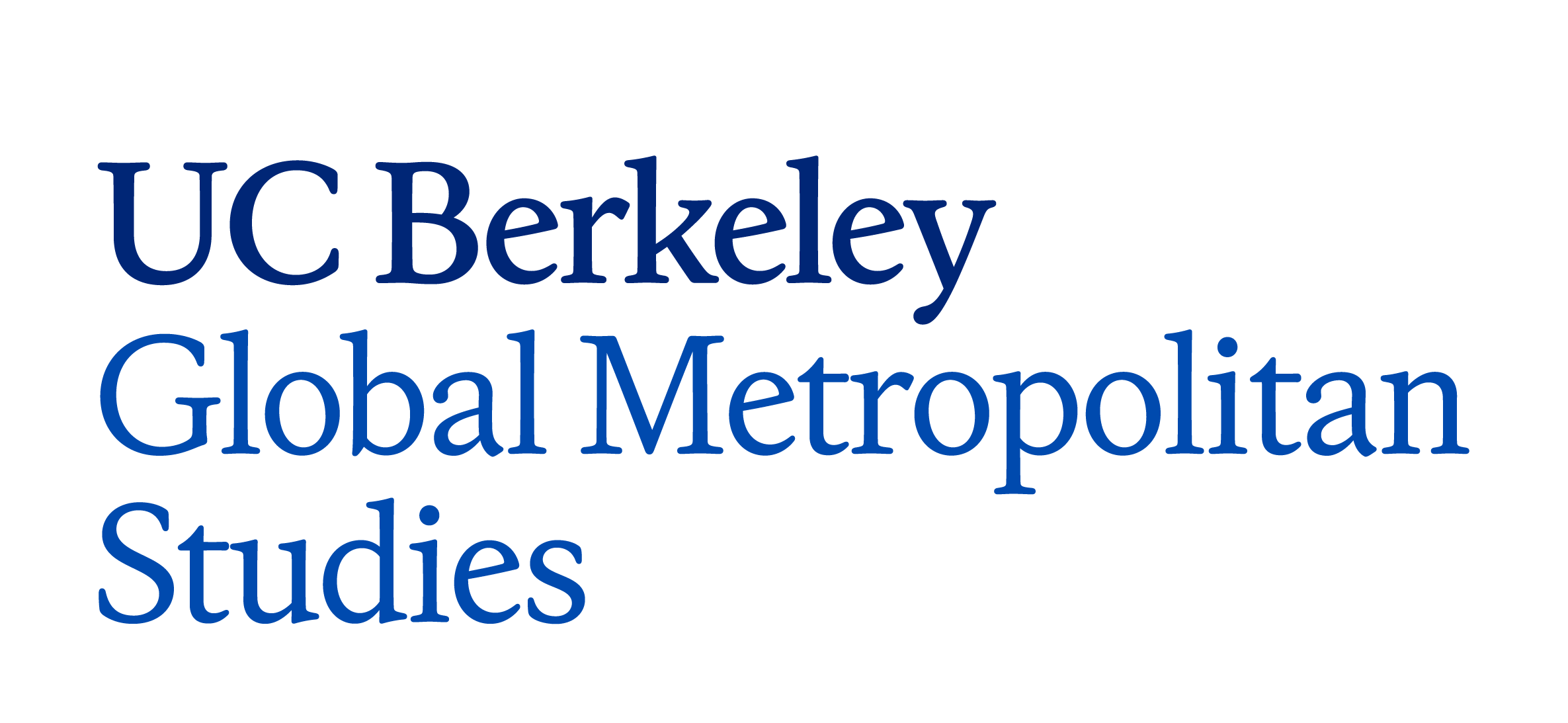Worldwide, 400 million people rely on intermittent water, often receiving services only a few days a week for a few hours. While addressing the underlying causes of water intermittency and unpredictability tends to be very costly, low-cost informational interventions can potentially help households to cope with service unpredictability. Alleviating coping costs may also change the way in which citizens relate to their local governments. In this project, we analyze a text-message based notification scheme providing households with advance warning of the timing of water services and supply cancellations provided by the social enterprise NextDrop. Through a cluster-randomized experiment involving 3000 households in Bangalore, we evaluate whether the notification system reduces: a) the time spent waiting for water; b) expenditures on substitutes for piped water services; and c) stress levels on account of uncertain and irregular deliveries and uncertainty. We also examine if, and how, the receipt of real-time information changes how citizens “see the state,” whom they hold responsible for service quality and problems, and whom they approach about service concerns. A second project component examines the circumstances under which the frontline workers responsible for contributing water timing information complied with the intervention through ethnographic observation and the analysis of an original dataset.
Contributors: Alison E. Post (Associate Professor, Political Science), Isha Ray (Associate Professor, Energy and Resources Group), Tanu Kumar (Ph.D. Candidate, Political Science), Christopher Hyun (Ph.D. Student, Energy and Resources Group)

